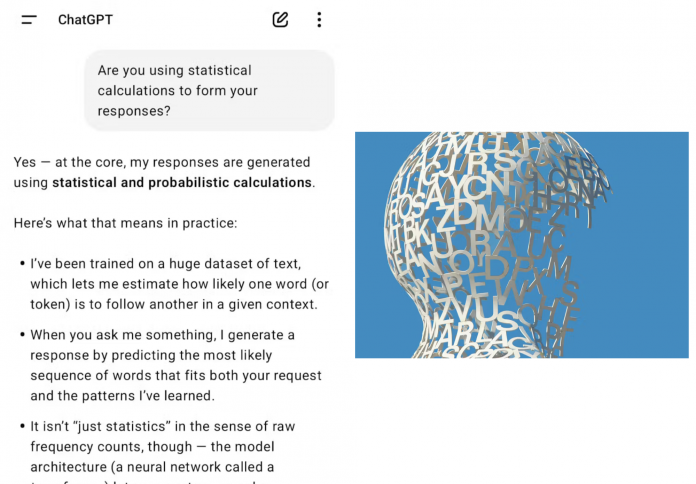In a quiet revolution taking place in medical offices around the world, artificial intelligence is stepping into a role once reserved for human assistants: the medical scribe. AI scribes, powered by sophisticated voice recognition and natural language processing, are now capable of listening to a doctor-patient conversation and automatically generating a clinical note. The promise is profound—a future where doctors are freed from administrative burden and can focus entirely on their patients. But this new era of efficiency comes with a powerful and complex question: do patients have the legal and ethical right to say “no” to a doctor using an AI scribe to record their most private health conversations? This is not just a technological debate, but a fundamental one about patient privacy, informed consent, and the sacred trust that underpins the doctor-patient relationship.
The Promise of the AI Scribe
The case for AI scribes is compelling. In a world of increasing administrative burden, doctors spend an inordinate amount of time on paperwork and data entry. AI scribes offer a powerful solution, a technology that can listen to a conversation and automatically generate a detailed and accurate clinical note. This has the potential to free up a doctor’s time, allowing them to engage more deeply with their patients, to listen more carefully, and to provide more personalized care.

Furthermore, AI scribes can improve the accuracy of medical records. They can capture every detail of a conversation, reducing the risk of human error and ensuring that a patient’s medical history is complete and precise. In a world where medical data is more important than ever, this is a significant advantage. The AI scribe is a powerful tool for efficiency and accuracy, a technology that has the potential to transform the medical profession for the better.
The Right to Refuse: Legal and Ethical Groundwork
Despite the benefits, the patient’s right to refuse an AI scribe is a fundamental one. It is rooted in two core principles of medical ethics: informed consent and patient autonomy. Informed consent dictates that a patient must be fully aware of and consent to any procedure or intervention. This extends not just to medical treatments but to the collection and use of their data. A patient has the right to know how their private conversations are being recorded, who has access to that data, and how it will be used. Without this knowledge, consent is not truly informed.

Furthermore, patient autonomy grants a patient the right to make their own decisions about their body and their health. This includes the right to refuse a procedure or, in this case, a technology that they are not comfortable with. The doctor-patient relationship is built on a foundation of trust and confidentiality, and the introduction of a third party—even a non-human one—can fundamentally alter that dynamic. A patient must feel safe and comfortable in the exam room, and if the presence of an AI scribe makes them feel otherwise, they have the right to refuse.
A Matter of Trust: The Human-AI Disconnect
The issue of the AI scribe is not just a legal or ethical one; it is also a psychological and emotional one. The doctor-patient relationship is one of the most intimate and trusting relationships a person can have. A patient often shares their most sensitive and vulnerable information with a doctor, and they do so with the expectation that the conversation is private and confidential. The introduction of an AI scribe, a non-human entity that is listening and recording, can fundamentally alter this dynamic.

A patient may feel less comfortable sharing sensitive information if they know it is being recorded by an AI, which could have unintended consequences for their care. They may be less likely to disclose a difficult diagnosis, a sensitive symptom, or a personal struggle if they fear that their words will be stored in a database forever. The presence of an AI scribe, no matter how helpful, can create a sense of distance and a breakdown of trust, which could ultimately harm the very relationship it is meant to improve.
The Path Forward: Balancing Innovation and Privacy
The challenge is not to choose between technology and privacy, but to find a way to balance them. The path forward will require a new set of rules and guidelines that prioritize patient autonomy and trust. Medical institutions must implement transparent policies that clearly explain how AI scribes are used, how patient data is protected, and who has access to that data. Patients should also be given a clear and easy way to opt out of the use of an AI scribe, without fear of reprisal or a reduction in the quality of their care.
The medical community also has a responsibility to foster a new kind of ethical thinking, one that recognizes the unique challenges of the AI age. Doctors must be trained to have open and honest conversations with their patients about the use of technology and to prioritize patient comfort and trust above all else. This is a new era for medicine, and it is our responsibility to ensure that it is one that is built on a foundation of human values and ethical principles.










